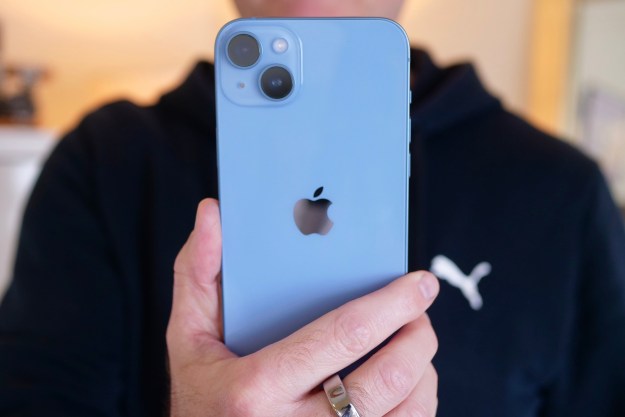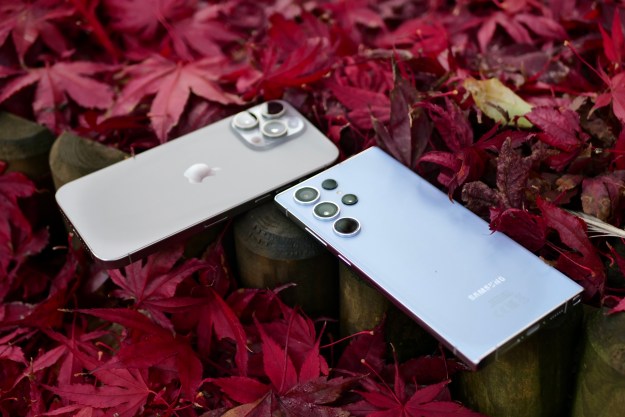
Chrome’s Do Not Track feature has been available on iOS, Android, and on the desktop client for a while now, but that’s no longer the case for Chrome on iOS. The feature, along with Data Saver, Auto-Detect Encoding, enterprise support, multi-profiles, and cookie setings, are all gone as Chrome now uses Apple’s latest rendering engine, WKWebView API, which is “faster and more stable.”
Apple’s Safari browser uses the rendering engine, and still offers the Do Not Track feature. But seem to third-party browsers, like Chrome, don’t have access to all the same API features as Safari. In a Chrome support page for iOS, Google said “if Apple makes changes to WKWebView to allow these features, we will add them back in.” The search giant also says downloads that require authentication may not work in the latest version of Chrome for iOS.
These constraints on the WKWebView API mean Safari is the only browser, as Motherboard points out, that has the Do Not Track feature on iOS at the moment, as well as the option to use content blockers.
Not that it matters. The Do Not Track feature is still a “request,” and usually companies ignore the request and continue tracking you anyway. Ironically, Google itself is among the companies that does not generally honor Do Not Track requests, so losing the feature in Chrome has very little impact on privacy.
Switching to a private browsing mode, like Incognito mode in Chrome, or using a VPN service helps. Which is exactly what you would need to do on Chrome for iOS to get around the missing Do Not Track feature for now — use Incognito mode or a VPN service.
We’ll have to wait and see if Apple offers an update that lifts the constraints for third-party browsers on its mobile operating system.
Editors' Recommendations
- Apple is about to do the unthinkable to its iPads
- Here’s how Apple could change your iPhone forever
- This one thing could make iOS 18 the best iPhone update in years
- The 7 biggest features we expect to see in iOS 18
- This could be our first look at iOS 18’s huge redesign


